Navigating the 'Isms': Challenges Women Over 40 Face in Business
As women over 40 continue to make significant strides in the business world, they encounter unique challenges rooted in various societal biases and systemic barriers. These "isms"—ageism, sexism, and even lookism—can profoundly impact their professional journeys. This blog post explores these issues, their implications, and ways to overcome them.
Ageism: The Bias Against Experience
Ageism is a pervasive issue that affects women over 40 in many industries. This form of discrimination is rooted in the misconception that older individuals are less adaptable, less innovative, or technologically savvy compared to their younger counterparts. Research has shown that age-related biases can lead to fewer opportunities for advancement, reduced access to training, and even job loss (Prime Women).
Impact: Ageism often results in experienced women being overlooked for promotions and high-responsibility projects. It can also lead to feelings of isolation and a diminished sense of professional value.
Strategies to Overcome Ageism:
Continuing Education: Pursue ongoing education and certifications to stay current with industry trends and technologies.
Mentorship: Engage in both seeking and providing mentorship, which can bridge the generational gap and showcase the value of diverse experiences.
Advocacy: Advocate for age diversity within your organization, emphasizing the benefits of a mixed-age workforce.
Sexism: Persistent Gender Bias
Sexism remains a significant barrier for women in business, exacerbated by age. Despite progress in gender equality, women over 40 often face stereotypes that can undermine their authority and opportunities. The intersection of age and gender bias can result in a "double jeopardy" situation, where older women are doubly disadvantaged (Prime Women) .
Impact: Sexism can manifest as exclusion from critical networks, unequal pay, and fewer leadership opportunities. It also contributes to a hostile work environment that can erode confidence and career satisfaction.
Strategies to Combat Sexism:
Networking: Build and leverage strong professional networks to gain access to opportunities and support.
Visibility: Take on visible roles within your organization to demonstrate leadership and expertise.
Allyship: Partner with male colleagues and allies to promote gender equality initiatives.
Lookism: Appearance-Based Discrimination
Lookism, or discrimination based on physical appearance, is another challenge that disproportionately affects women, particularly as they age. Societal standards often place undue emphasis on youth and conventional attractiveness, impacting the way older women are perceived in professional settings .
Impact: Lookism can lead to unfair judgments about competence, reduced confidence, and fewer client-facing opportunities.
Strategies to Counter Lookism:
Self-Acceptance: Embrace and project confidence in your appearance and experience.
Professional Image: Focus on maintaining a professional and polished appearance that aligns with your personal style.
Challenging Stereotypes: Actively challenge and speak out against appearance-based biases in the workplace.
The Path Forward: Embracing the Second Act
Despite these challenges, women over 40 have unique strengths that can significantly contribute to their success in business. These include extensive experience, strong networks, and a deep understanding of their industries. By addressing and overcoming the "isms" they face, women can navigate their second act with resilience and determination.
Tips for Thriving in Your Second Act:
Lifelong Learning: Stay curious and committed to learning new skills.
Emotional Intelligence: Leverage your experience to build strong interpersonal relationships.
Empowerment: Use your position to mentor and empower the next generation of women in business.
The journey for women over 40 in business is marked by unique challenges but also immense potential for growth and impact. By recognizing and addressing the biases they face, these women can pave the way for more inclusive and equitable workplaces. Embracing the second act is not just about overcoming obstacles—it's about redefining success and creating lasting change.
References
Prime Women - "7 Ways to Think About Your Second Act Options" Prime Women
Forbes - "The Ageism Problem In The Workplace: When Is It Going To End?" Forbes
Harvard Business Review - "The Double-Edged Sword of Being a Woman Over 50" HBR
Psychology Today - "Lookism: Appearance-Based Discrimination" Psychology Today
